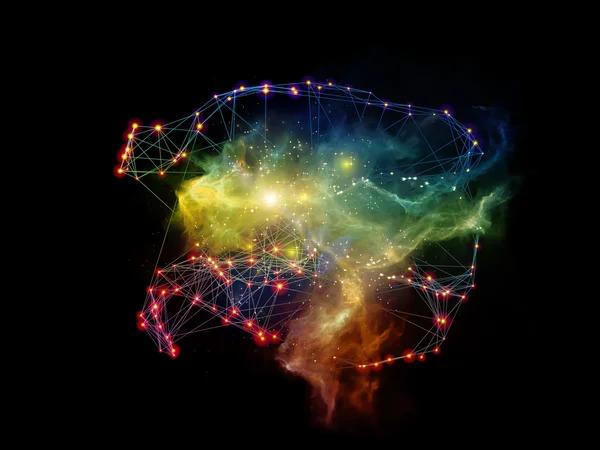
Artificial Intelligence (AI) and its subsets, such as machine learning and deep learning, have become integral parts of our modern society. They power various applications ranging from autonomous vehicles to voice assistants, predictive analytics to personalized recommendations. However, with the increasing influence of AI in our lives, questions about trust and ethics are becoming more prominent.
Neural networks are a type of AI that mimics the human brain’s functioning to process information and make decisions. These systems can learn from experience by adjusting their internal parameters based on the data they receive. This ability has made them incredibly powerful tools for solving complex problems.
However, it also raises significant ethical concerns regarding transparency, bias, accountability, privacy issues among others. One of the most pressing issues is that create image with neural network networks are often seen as black boxes – we can see what goes in and what comes out but understanding how decisions were made is challenging due to their complex structures.
This opacity makes it difficult to establish trust in these systems because without understanding how they work or why certain decisions are made; we cannot fully predict or control their actions. Furthermore, this lack of transparency could potentially lead to misuse or abuse.
Bias is another major concern when it comes to trusting neural networks. Since these systems learn from data provided by humans who inherently bear biases consciously or unconsciously; there’s a risk that these biases get translated into AI models leading them towards unfair outcomes.
Moreover, accountability becomes an issue when things go wrong with AI-powered solutions since it’s hard to determine whether the fault lies with the developers who programmed them or with the machine itself for making incorrect predictions or decisions.
Privacy invasion is another ethical challenge posed by neural networks as they often require vast amounts of personal data for training purposes which if not handled properly may lead towards unethical use of personal information without consent.
In conclusion, while neural networks hold immense potential for advancement across multiple sectors including healthcare diagnostics, climate modeling etc., their adoption must be accompanied by careful consideration of the ethical implications. There’s a need for robust regulatory frameworks and guidelines that ensure transparency, fairness, accountability and respect for privacy.
Trust in neural networks can only be established when these ethical challenges are adequately addressed. Therefore, it is incumbent upon AI developers and researchers to work towards creating more transparent and unbiased systems. Simultaneously, policy makers must create regulations that hold individuals or organizations accountable for misuse of AI technologies while ensuring data privacy. Only then can we fully trust neural networks and harness their full potential responsibly.
